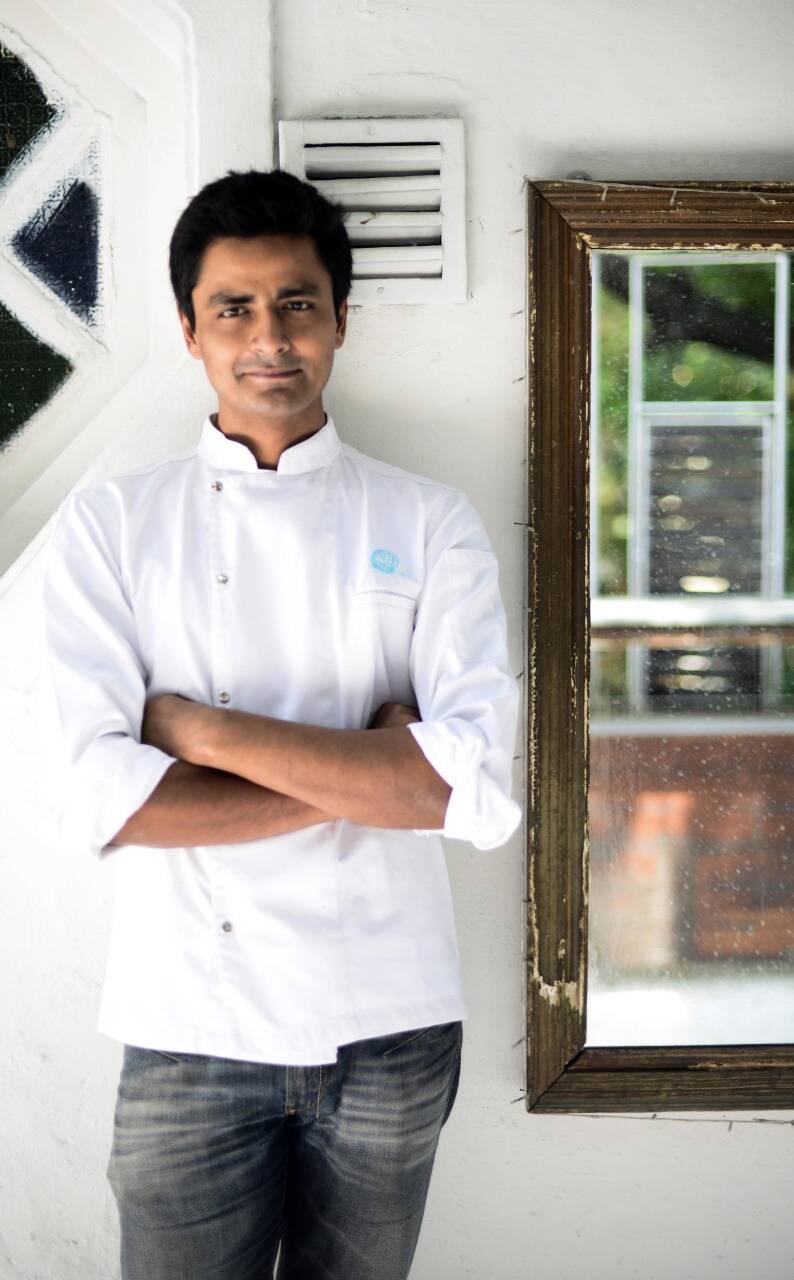ETHospitalityWorld spoke with Chef Manu Chandra – Chef Partner Olive group of restaurants in Bengaluru on his view of the lifting of the alcohol embargo in Karnataka.
Chandra welcomed the move and was hopeful that it would open up a fresh stream of revenue which is much needed and also incentivizes whoever was stepping out for a meal to have a glass of wine or a cocktail or whatever else.
“I think largely it all boils down to consumer sentiment more than anything else. From what I’ve seen, some good places are getting very good traction, because they’re running at half capacity, they’re following protocols, they have the SOPs in place—people with outdoor seating are doing especially well. There are green shoots. In that sense, there will be a very large number of people who will be cautious. So I’m not foreseeing an overwhelming response, this year at least — post Diwali, things may get better, I’m a little cautious in my assumptions,” Chandra said.
“We’re on our way, potentially to the road to recovery, even though there will be more damage caused going forward, especially if cases rise, given that businesses will not probably be at breakeven levels, if at all. There will be more hardship before things actually get better,” he added.
Even with a lot of restrictions ease, it doesn’t necessarily mean business will be back to normal. Consumption patterns have taken a hit, propensity to spend has taken a hit, disposable incomes have taken a hit, work from home is keeping a lot of people at home and therefore they aren’t stepping out as much socialising after work drinks, he said.

Similarly, weddings are not happening, so pre-wedding parties and banquets won’t happen, all of which are a very large source of revenue.
“If you remove a lot of that from the model for a lot of F&B establishments—the credible players—it obviously accounts to a fair amount of revenue loss. No big Fridays and Saturday nights, no big Sunday brunches, is going to eat into revenue projections,” Chandra said.
“I think these measures will at least try to put us on that path to getting to a breakeven. I’m not saying that it’s going to be recovery. You are basically covering the cost of goods and services, salary and wages and rent. There are still EMIs to pay, there are debts to clear, vendors to pay off, so it’s going to be a long haul,” he added.
Chandra confessed that he had actually estimated a fairly high mortality rate, but the small Indian businessman has turned out to be a lot more resilient than he had thought. Through hook or crook, borrowing, selling or restructuring, most of them seem to have kind of headed on, obviously, there has been collateral damage. They’ve been unable to service their rents, unable to pay their employees, been unable to make the EMIs, but they have not shuttered entirely.
“A lot of businesses will actually come to terms with what the ground realities are, now that things start opening and come across as seemingly normal—whilst they aren’t because principally a lot of revenue sources are already eliminated. Second, and most importantly, you’re going to be running at 50% capacity, because that’s really what the guidelines and SOPs issued by the MHA say. So, you’ve lost your windfall — parties, anniversaries and birthday parties—on top of that, you’ve been restricted to half of what you used to do in terms of seating,” he said.
Chandra also added a big caveat to whatever he was predicting, it was without accounting for the fact that there could be a second wave of Covid infections.
“There can be a rise in cases, somebody from your team can fall ill, a guest who never came to the table can possibly be an affected party and therefore by contact tracing, you discover that your establishment is under the radar. There are just so many variables that could be at play. It’s then that businesses will start realising where we actually stand and you know, how much water we actually are in. That’s worrying because despite making ourselves believe that we are headed towards normalcy we are still living in a fairly twilight zone,” he added.







